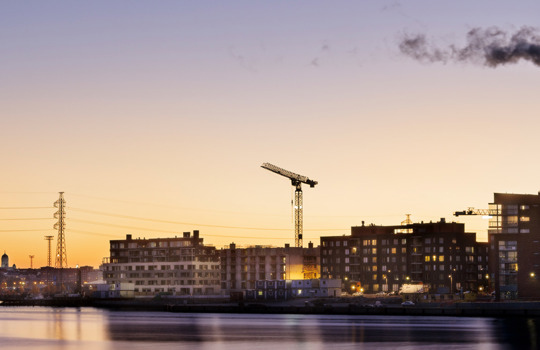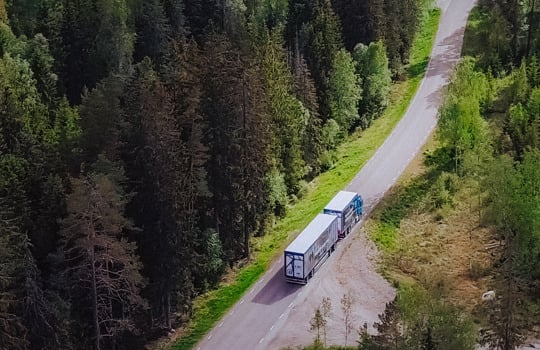Let’s break down barriers for an efficient Pan-European biomethane market
The urgency to reduce greenhouse gas emissions is more pressing than ever, and biomethane has a significant role in this mission. Gasum, a leading player in the European biomethane market, is driving this transition. However, the current regulatory landscape is a bit of a maze, making it tough to efficiently transfer biomethane across borders in Europe. We need to clear these hurdles in order to truly tap into biomethane's potential.
Biomethane, produced from organic waste, is a renewable and sustainable alternative to fossil fuels. It can cut greenhouse gas emissions by up to 90% over its entire life cycle compared to fossil fuels. Plus, since it's produced right here in Europe, it improves our energy security.
But despite its promise, the biomethane market is tangled in a web of regulations that vary from country to country. In some countries, local regulations prevent the transfer of biomethane across borders, creating inefficiencies and limiting market growth. For instance, national support mechanisms can restrict the use of biomethane in certain applications, such as heavy-duty transportation, if the biomethane has received investment support in its country of origin.
To build a functional and efficient European biomethane market, we need to harmonize these regulations and support mechanisms. Removing these barriers at both national and EU levels will streamline the regulatory framework and promote the free movement of biomethane across Europe, benefiting both customers and the planet.
Read more: How is biogas produced?
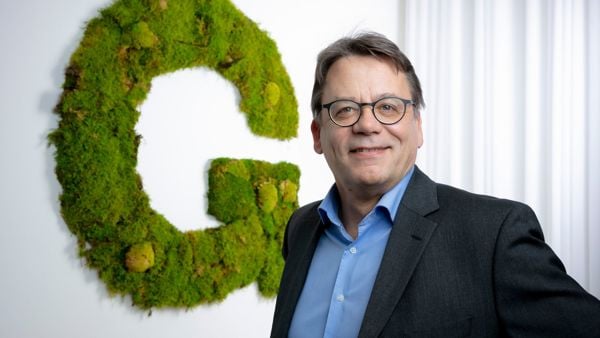
"Biomethane, produced from organic waste, offers a renewable and sustainable alternative to fossil fuels, reducing greenhouse gas emissions by up to 90% over its lifecycle. Plus, its local production in Europe improves our energy security."
Ari Suomilammi, Head of Renewable Gases
Aiming for a unified and transparent biomethane market
Imagine a unified European biomethane market. Producers could tap into a Europe-wide customer base, and customers could access cost-effective biomethane sources. This competitive environment would drive efficiency and innovation, leading to a more robust and sustainable energy market.
One major obstacle is the lack of a unified registry system for biomethane guarantees of origin. Each country has its own registry, leading to complications and unexpected restrictions. For instance, biomethane guarantees from France can't be used in Sweden or Norway due to missing registry systems.
Additionally, the mass balancing system, which allows biomethane injected into the gas network in one country to be withdrawn in another, faces limitations. For example, mass balancing can't be used for liquefied biomethane. The development of a Union database to integrate these registries and harmonize mass balancing mechanisms is crucial but has been delayed.
Read more: Get to know our biogas plants
Gasum currently has 3 TWh of renewable biogas annually in its portfolio and aims to increase this up to 7 TWh of biomethane by 2027. Despite heavy investments in its own production capacity, Gasum continues to source biomethane from trusted European producers. Our strategic goal is to ensure that the European biomethane market is as transparent and seamless as possible.
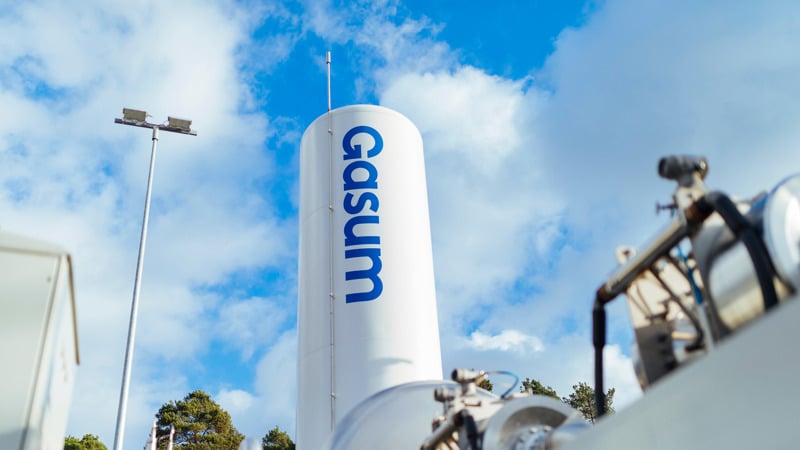
Gasum produces biogas at 18 biogas plants in Finland, Sweden, and Denmark, and sources more from trusted European partners.
Ensuring traceability and certification is the key
Gasum’s promise is that the entire biomethane value chain is certified and traceable, from production to end-use. This commitment increases the cost to final customers compared to the biopremium price directly from the producer, especially in countries like Denmark, where biomethane production is heavily subsidized, leading to lower prices.
However, even if the purchasing price is lower in Denmark, the gas must be transferred, and this process needs to be certified to track its journey and ensure emission reductions. Gasum is likely the only Nordic company capable of guaranteeing full traceability and certification throughout the biomethane value chain, making it a reliable partner for industries seeking sustainable energy solutions.
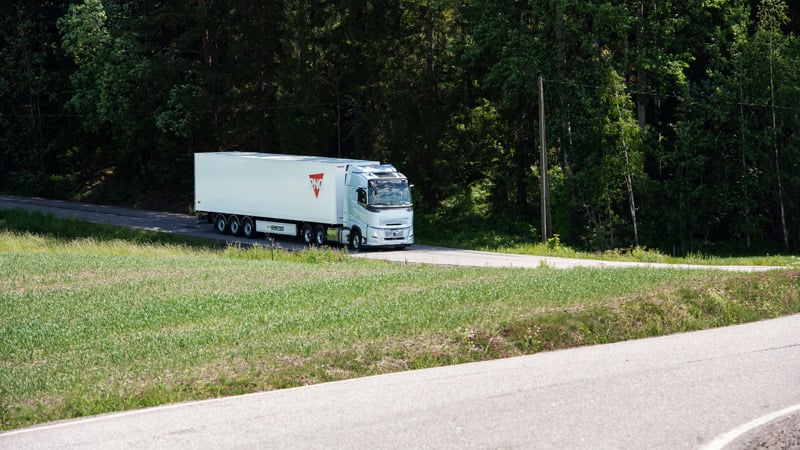
By removing regulatory barriers and harmonizing support mechanisms, Europe can significantly increase the use of biogas, for example in transport, while reducing greenhouse gas emissions and making progress on climate goals.
Our vision for a pan-European biomethane market is clear: remove regulatory barriers, harmonize support mechanisms, and ensure a transparent and efficient market. By doing so, Europe can significantly increase biomethane usage in industrial, transport, or heating purposes, reduce greenhouse gas emissions, and move closer to its climate goals.
The journey towards a sustainable energy future is complex, but with concerted efforts to break down regulatory barriers, the European biomethane market can thrive.
Gasum is committed to leading this charge, advocating for change, and ensuring that biomethane plays a pivotal role in Europe's energy transition. Biomethane production facilities are popping up across Europe, and it's vital that biomethane isn't confined to local use only. With a target of 350 TWh of biomethane by 2030 in the EU, the stakes are high, but the potential rewards are even higher.
The author of this blog, Ari Suomilammi, works at Gasum as Head of Renewable Gases.


